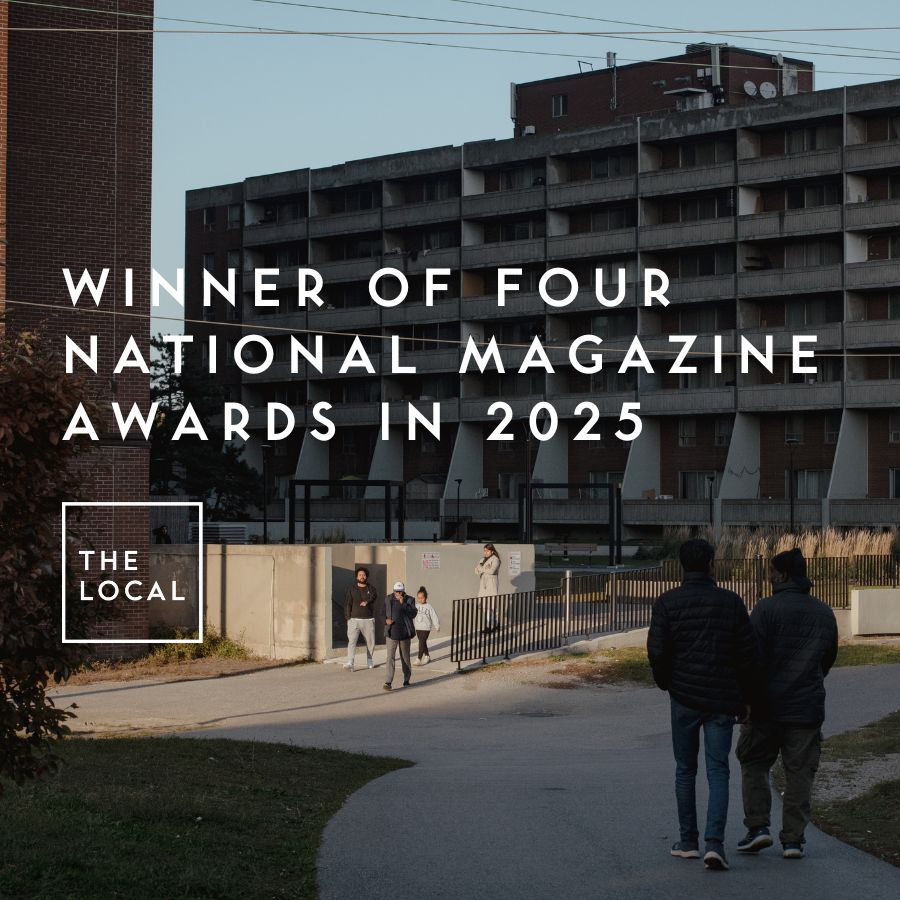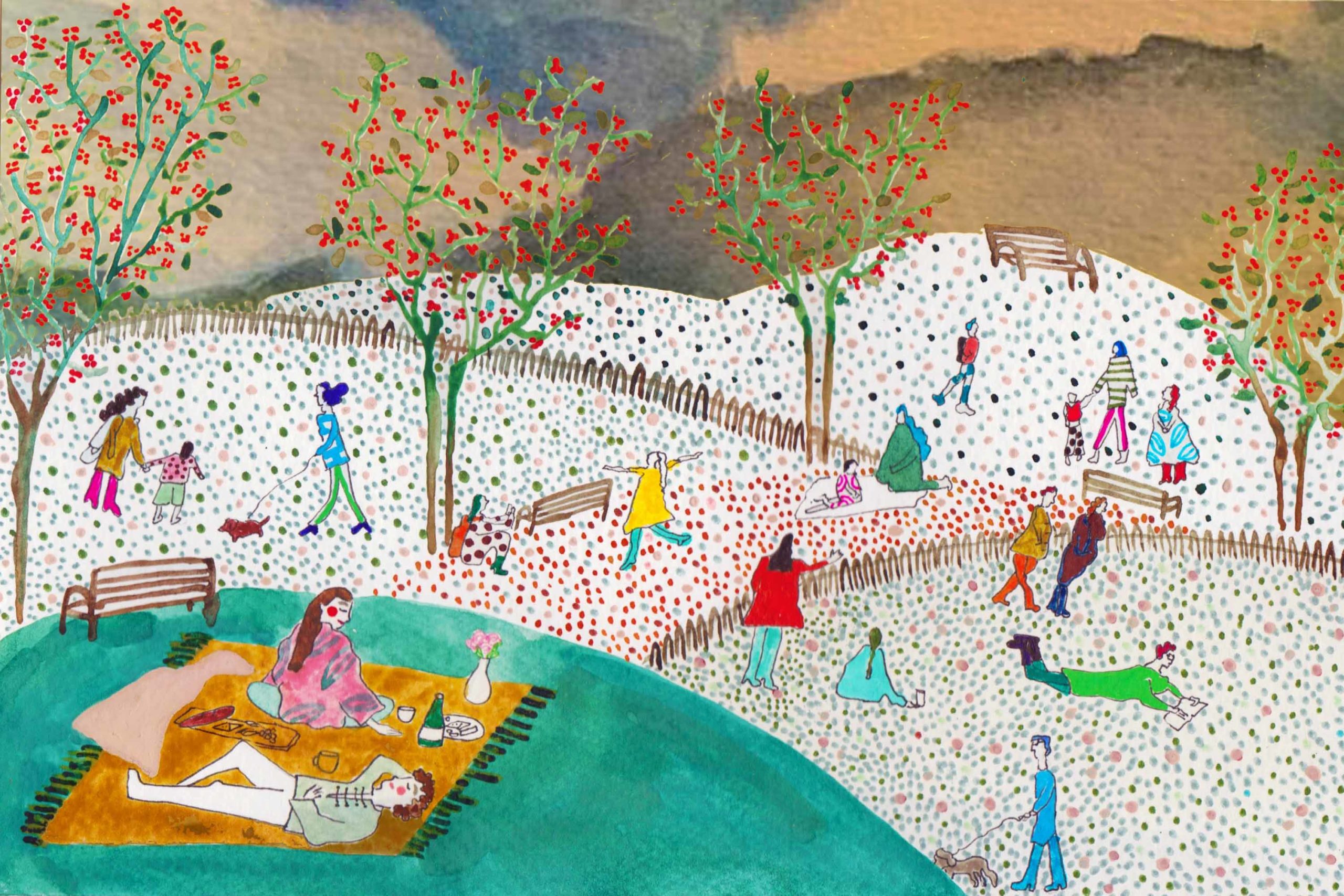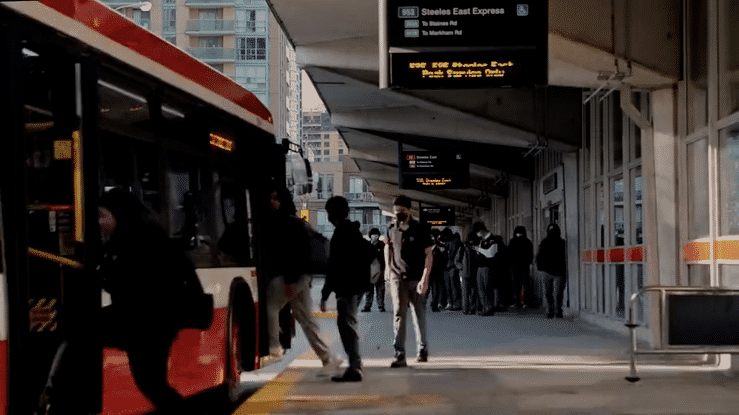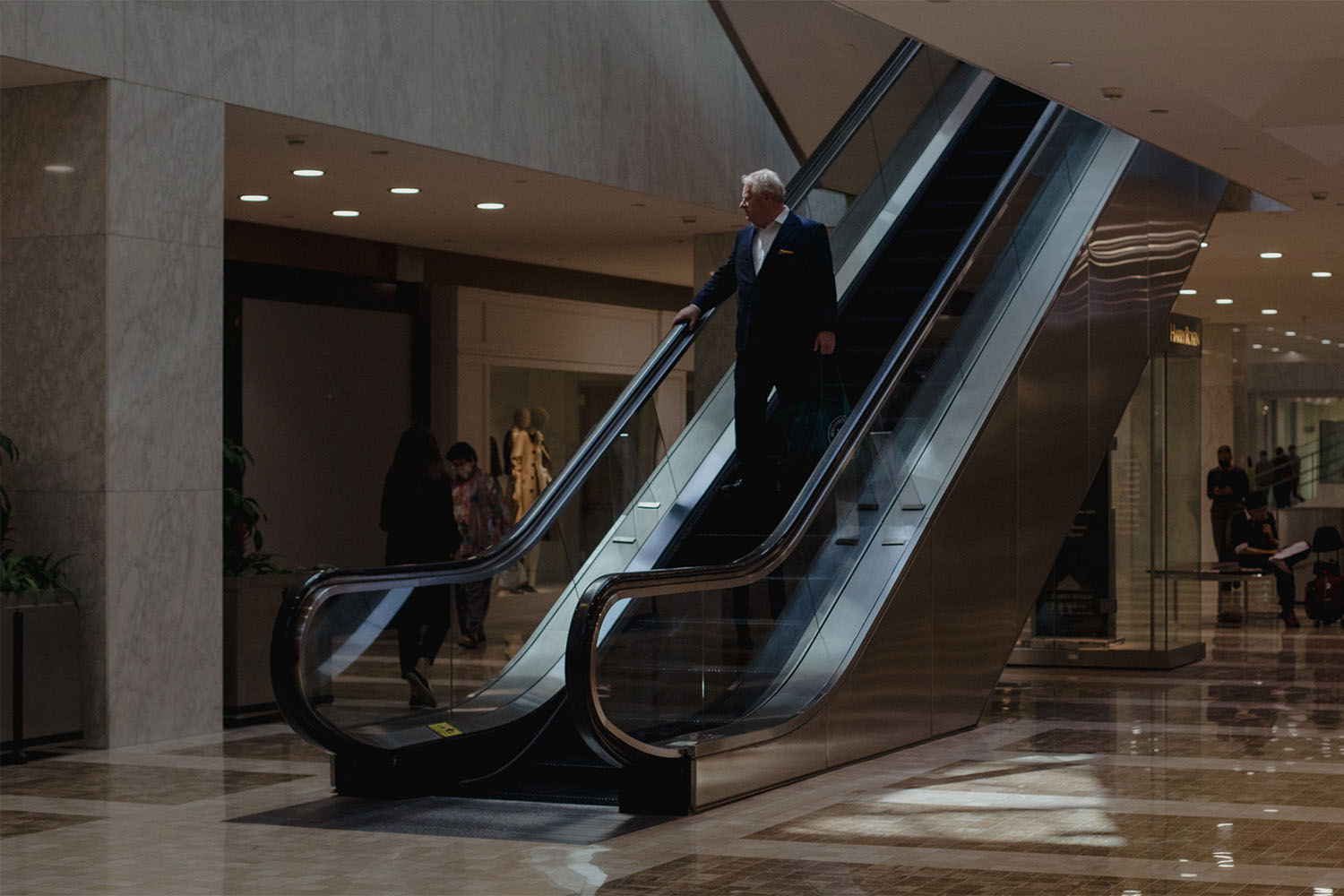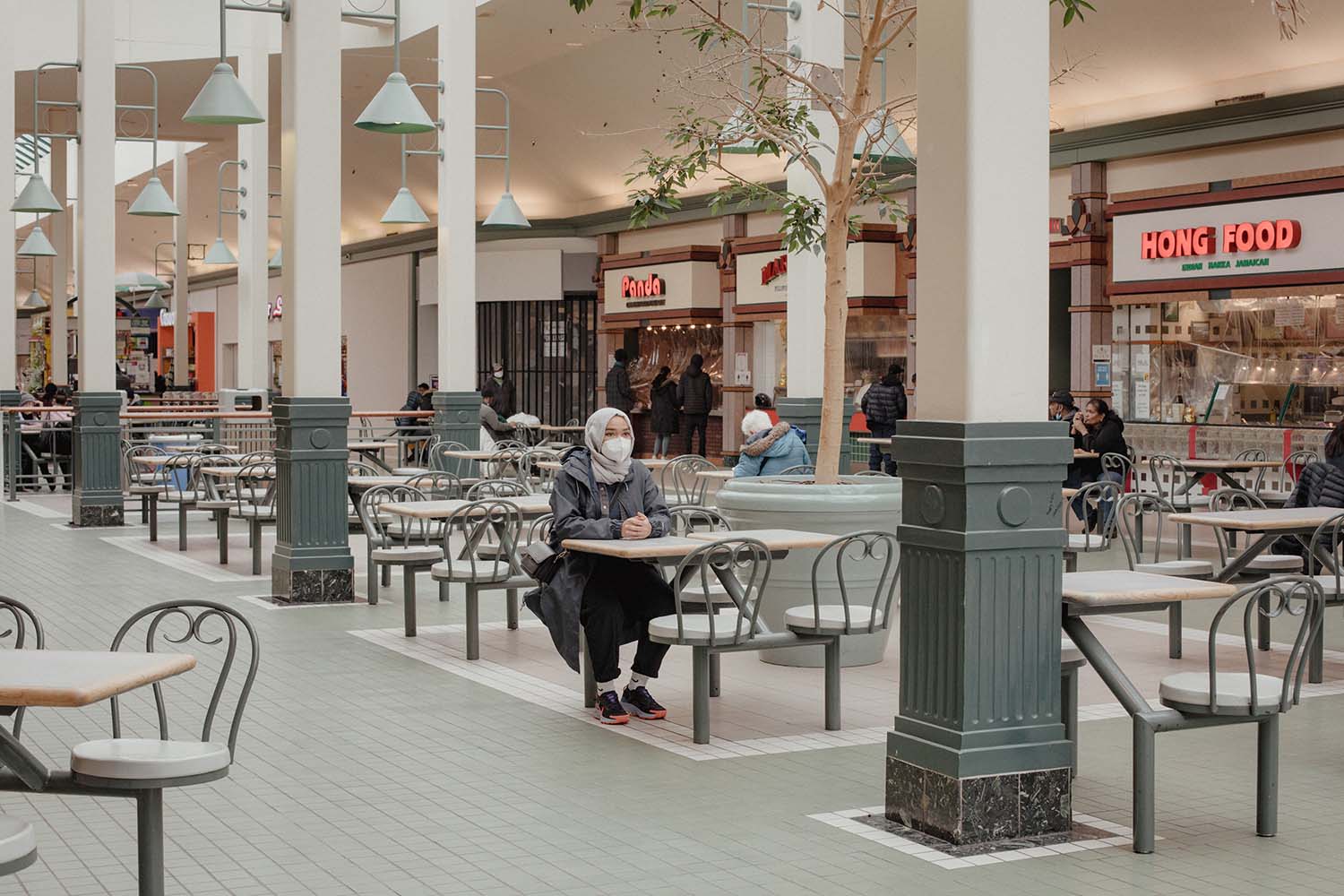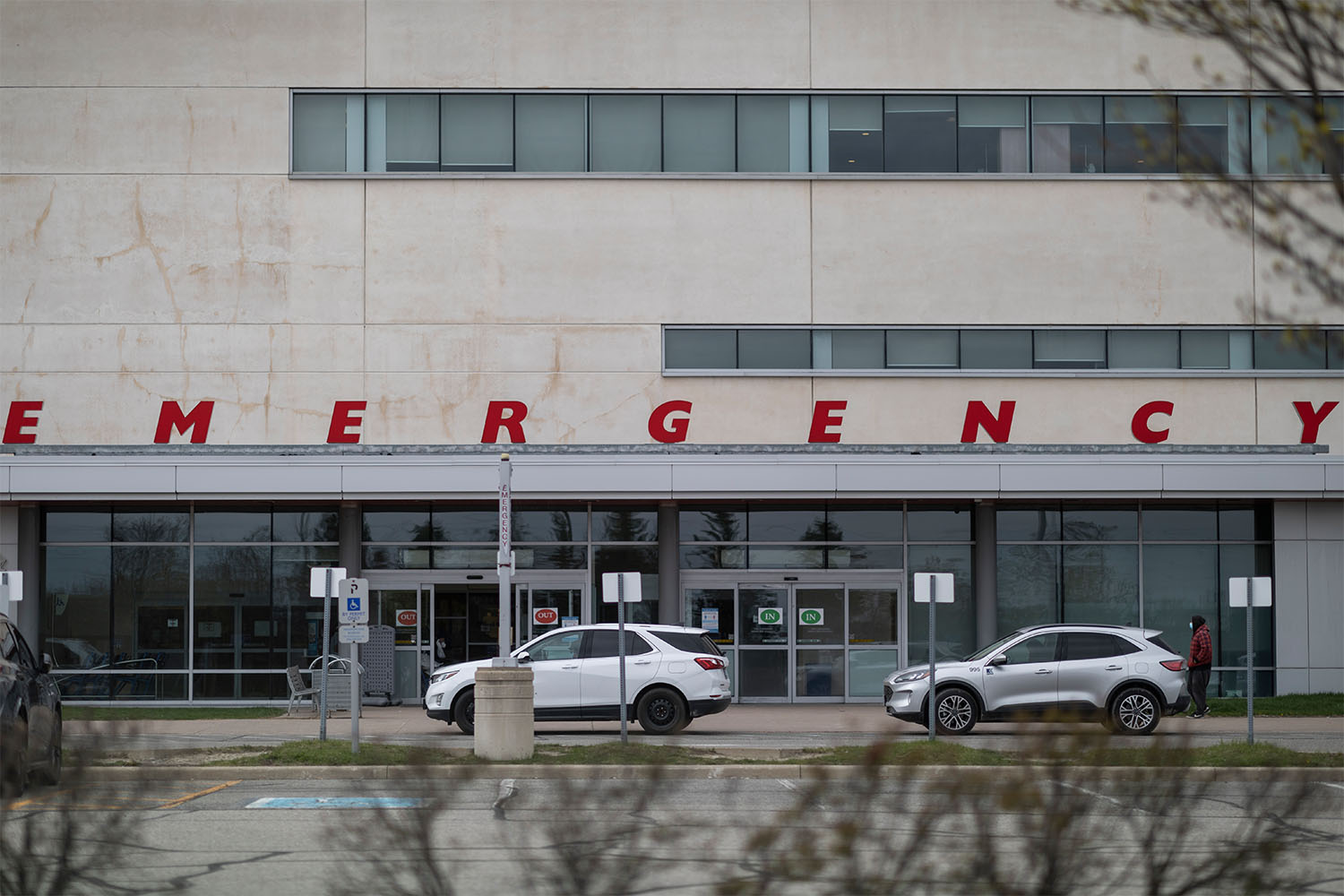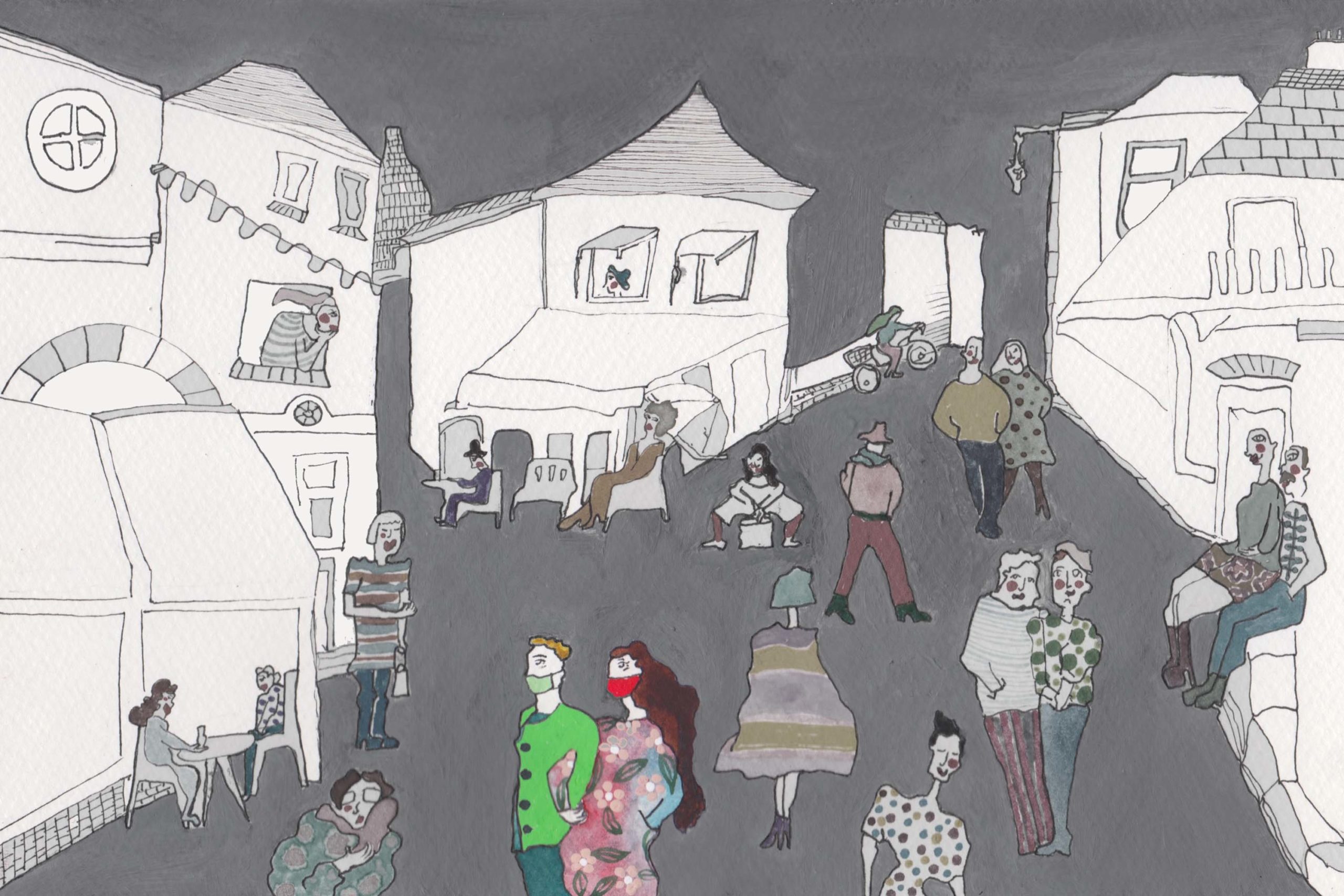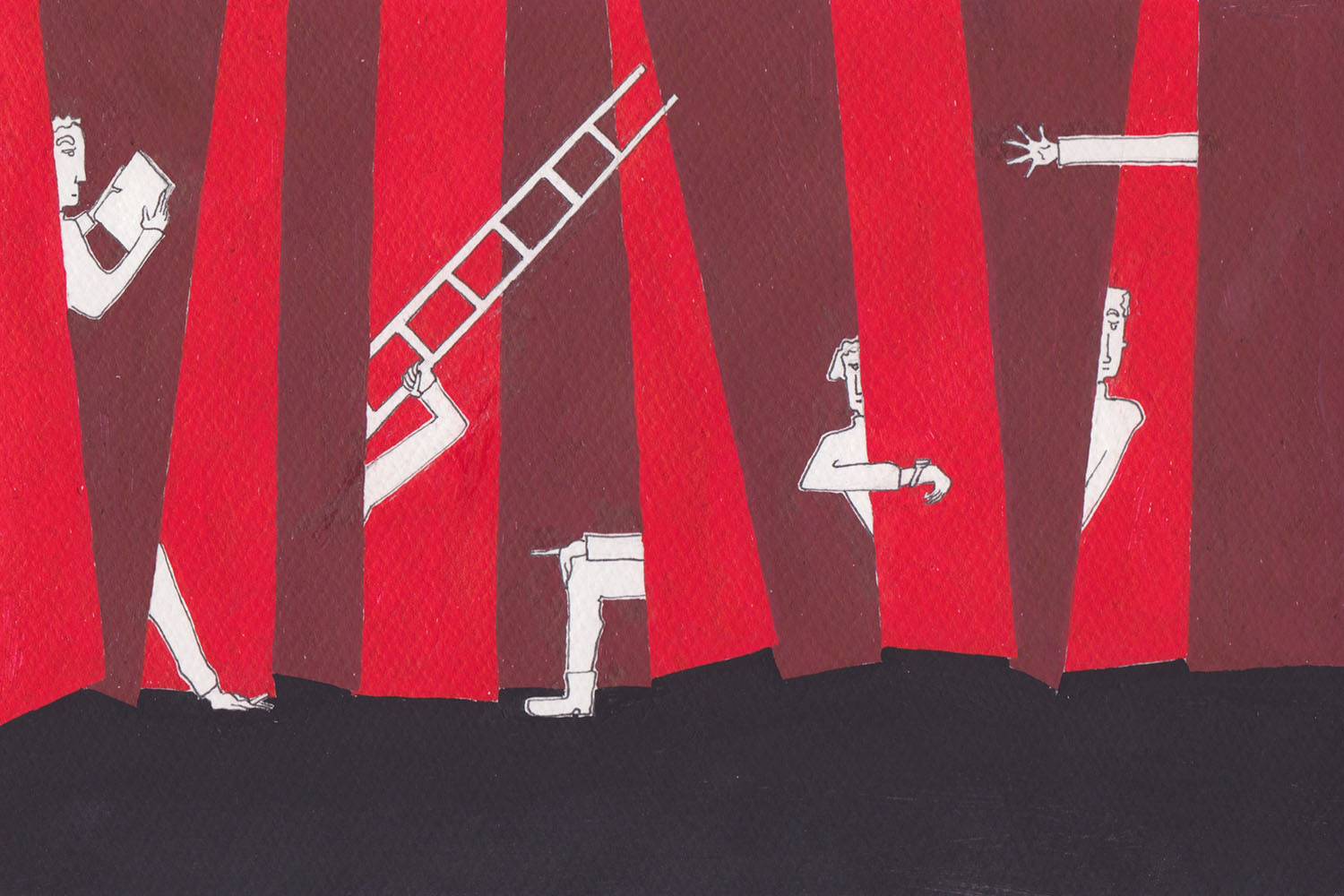
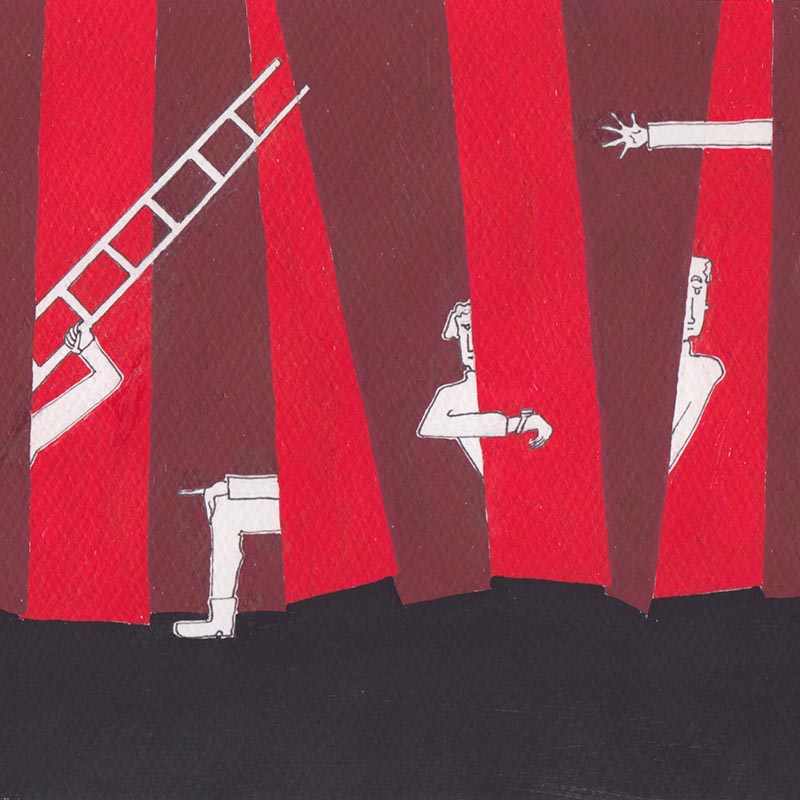
This year I received my first five-star review. Another show I wrote is set for its European premiere in Berlin. A play I co-created was nominated for the Governor General’s award and we’re workshopping a new script of mine throughout the summer with an acclaimed TV actor set to play the lead. Pound-for-pound that’s a pretty impressive year in theatre. Something I’m legitimately proud of. As a working Canadian artist, I’d wager I’m in the top twenty percent in my field. Top ten, on a good day. And if all current trends hold, all-in for a year of “successful” work I’ll lose about $900.
It’s not that I got into drama to get rich. It’s not even that I’m particularly bad with money. But the paper-thin margins in independent theatre mean that if anything goes wrong, there simply isn’t the cash flow to course correct. And over the course of the last two years, a whole lot of things have gone wrong.
Right before the pandemic, I had a year’s worth of work lined up. I was producing a couple of plays, directing another. There was some interest in a new script I’d just finished. In the course of a few weeks, all of those gigs were cancelled, leaving a gaping hole in my calendar and a similar-sized hole in my bank account.
For a while, everyone was guessing when everything would get back to normal. A month. Six weeks tops. But as cases grew and restrictions set in, there was a stark realization that for an indefinite period of time, the live portion of our industry was on hold. Among my friends—people who had devoted their whole lives to the artform—the question we were all asking each other was what are we supposed to do now?
“We were about to load in for a show when the call came in letting us know the play I was working on was cancelled,” said Makambe K. Simamba, a celebrated playwright and actor. “I had rehearsed the show and done everything I could to prepare. Opening a show is always vulnerable, but to just have things cut off like that, without knowing what was going to happen, felt extra jarring.” Over the course of the pandemic, Simamba had multiple dates of a national tour cancelled or postponed and saw opportunities on stage stop and start to the point where it was impossible to plan for the long term. “I always do my best to stay positive as an actor, but I wasn’t sure what was going to happen next.”
The answer seemed to be pivoting. Live shows turned into digital performances or audio plays. Improv and stand-up comedy shows were performed via Zoom. While some creators were able to make events that successfully played with the medium—and it was cool to be able to offer folks with access needs a way to engage with the work—most people were just offering shittier versions of their live shows, recordings thrown together haphazardly with bad camera angles and terrible sound. While I watched people scramble to make new work, desperate for the chance to create during interesting times, many intelligent and talented artists seemed to overlook the fact that the live part is what makes theatre good.
Jiv Parasram, artistic director of Rumble Theater, also looked at some of the limitations of making theatre for the internet. “Not being able to have a form of live interaction is a pretty hollow feeling, at least for the type of theatre that I’m interested in,” said Parasram. “Some digital theatre is becoming its own form, which is cool. The stuff that I’m most interested in embraces that instead of trying to make some kind of facsimile. Trying to create the same experience digitally as a live show is a recipe for failure because it’s never quite the same.”
Some of the best moments of my life have been watching the audience come alive with a joke, scene, or situation I wrote. It’s a magic trick. I conjured something that existed in my head and gave it corporal form. For an hour or so we’re together in a dark room living inside of ideas. When it is clicking, we are collectively inside a story.
With digital theatre—both creating and watching it—if something is a roaring success, I get to sit at my computer. If something is an utter failure, I still get to sit at my computer. You’re fighting against every other thing on the internet for the attention of your audience. You need to create something that is going to be more appealing than the boatloads of content on multi-billion dollar streaming services, the dopamine highs of social media, and the interactivity of video games. Not to mention pornography.
Early attempts at creating for digital left me frustrated. Watching digital shows also left me frustrated. It was a reminder that we weren’t actually getting to do the things we wanted to do. Pivoting so much felt like going in circles. Pivoting so much felt like chasing our tails. This wasn’t the type of theatre I had signed up for. And more and more I wondered what type of theatre I’d be heading back to. After the time away, I wondered if I even wanted to go back at all.
Little by little, as more people leave the arts, venues close, and the cost of living continues to rise, the vibe of my home starts to shift.
You need a certain amount of passion to create theatre. For a lot of my life I banked on that passion, riding the momentum of one project to another because that was simply what I did. But with the pandemic taking things away, there was an opportunity to reflect on the value of what we were trying to create and the way we created it. With a moment to breathe, conversations started online about the unrealistic expectations of working twelve-hour days, the shortcomings in institutions when it comes to casting and programming, and the financial viability of making art.
As vaccines started to roll out across North America, many theatre artists tried to do the math on returning to the stage. For a lot of people, it was difficult to make it work.
Rosamund Small began working as a playwright almost a decade ago, finding huge success with plays like TomorrowLove and Vitals. But despite creating several big shows, the runaway hits in the theatre were barely enough to cover her rent.
“There are really no bad guys in this situation. Granting bodies, audiences, and institutions are all trying their best, but there is no way they can fix systemic things like the skyrocketing cost of living,” said Small. “We haven’t even been able to keep up with inflation in terms of wages in theatre. Even if you do make a living in the theatre, it’s still a life of relative sacrifice. Just in terms of the precarity of work, time, and financial comparison compared to what else you could do with your life. It’s something you have to choose and the pandemic just made it harder and harder to make that choice.”
Small began writing for television, and while she would love to find a way to return to the theatre, that goal feels incompatible with the desire to have many of the tenets of adult life. The pandemic managed to highlight just how unstable theatre work feels in comparison even to other fields of entertainment.
“I’m a playwright,” said Small. “As a playwright, you’re never realistically compensated for the time and effort you’ve put into it. It’s always a labour of love. But when I look at my other jobs in television or teaching, it’s just not something you could even compare financially. It’s a precarious life, even if it can be wonderful. Living that kind of life has been fine for me in the past, but as you’re growing up you start thinking about having to take care of people other than just yourself and it’s hard to keep that kind of precarity going for anything long term.”
For many artists in the theatre, the pandemic became a watershed moment—they decided there wasn’t enough of a future to keep moving forward, and instead decided to do something else with their time. This isn’t to say that everything is hopeless. The time away from live theatre gave some artists a chance to breathe and create away from the pressure of putting things on before they were ready. Digital readings and performance also gave presenters the chance to find new voices they may not have found otherwise. The cracks of theatre becoming so evident has offered opportunities to rethink the way we might want to do things in the future.
Award-winning stories delivered right to your inbox
Subscribe to our newsletter and get notified whenever we release a new story.
"*" indicates required fields
This year, as people begin venturing out to live performances again, I’ve been thinking a lot about my future in theatre. A lot of it comes back to that notion of cash flow—a projection of $900 in the red for the best year of my career, not to mention lost time I could have been using to do something else. Can something really feel like a successful project if I have to pay my own cash to make it happen? Awards, accolades, and recognition from my peers is great, but you can’t pay for lunch with clout. Would I be content with thinking of theatre as a hobby? Despite the fact that I’ve been able to have some objectively big moments on national and international stages? Is the pandemic a chance—maybe even a signal—to walk away from this thing I love that doesn’t seem to fulfill everything I need it to? What would that fulfillment even look like, really?
I don’t know the answers to all of those questions. In a lot of ways, it’s hard to imagine my life without making plays, but at the same time, there are so many realities that have come to pass over the last two and a half years that I could never have imagined.
Zooming out a bit, I wonder what it means for my city. I was worried about the art scene in Toronto before the pandemic started. The last two years have exacerbated a lot of those worries. If people were having trouble creating here under good conditions, two years away certainly didn’t help matters. Little by little, as more people leave the arts, venues close, and the cost of living continues to rise, the vibe of my home starts to shift. It’s attrition, really. Death by a thousand cuts.
When people talk about the loss of art scenes, they like to point out the economic realities. The arts bring in millions of tourist dollars to the city and therefore have some value. There is definitely a case to be made for that, but it’s less compelling to me than focusing on the kind of wide-eyed optimism that made me move to Toronto in the first place.
Taking the Greyhound into the city, just wandering along Queen Street to jump between theatres and galleries, made me want to be here more than any other place in the world. But if we don’t have those spaces—if the people and ideas filling those spaces are too busy hustling at their day jobs to afford to create—then what is left in this city we sacrifice so much to live in? If the culture that’s left here is just condo developments, weed dispensaries, and pop-up shops for $30 cocktails then I don’t think there would be much of a reason for a person like me to stay. I’d say that a dwindling theatre scene could be a canary-in-the-coal-mine situation, but it seems like there have been so many dead birds before this already. When even sold out, big-budget shows like Come From Away close here, I don’t know what it means for the rest of us.
The idea that people won’t make theatre in Toronto, that it doesn’t return in some capacity, is naive. People are going to make it in some capacity regardless of the conditions. But I want better than that for myself and my peers. I want a place where we can thrive, or I don’t want to do it at all.
